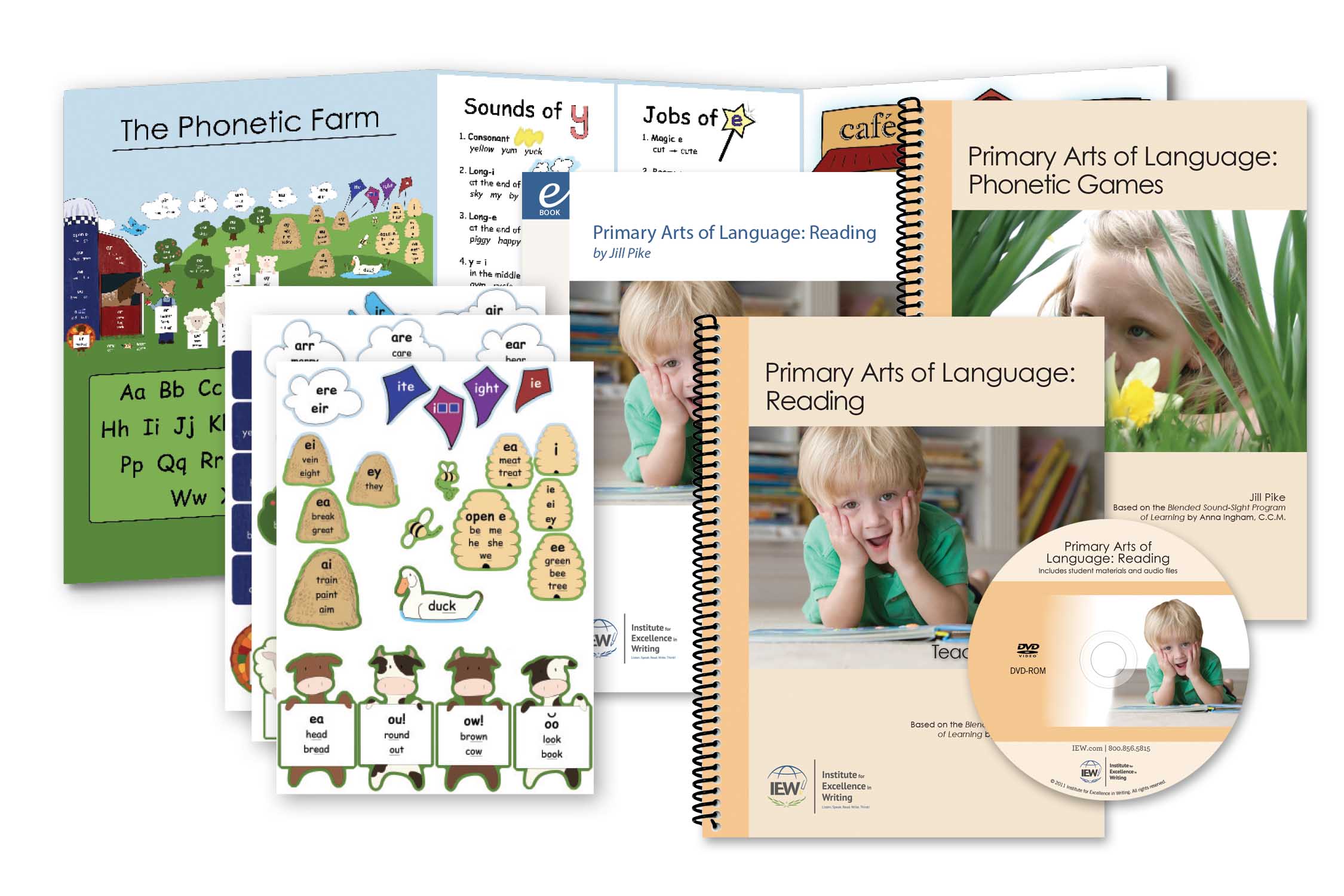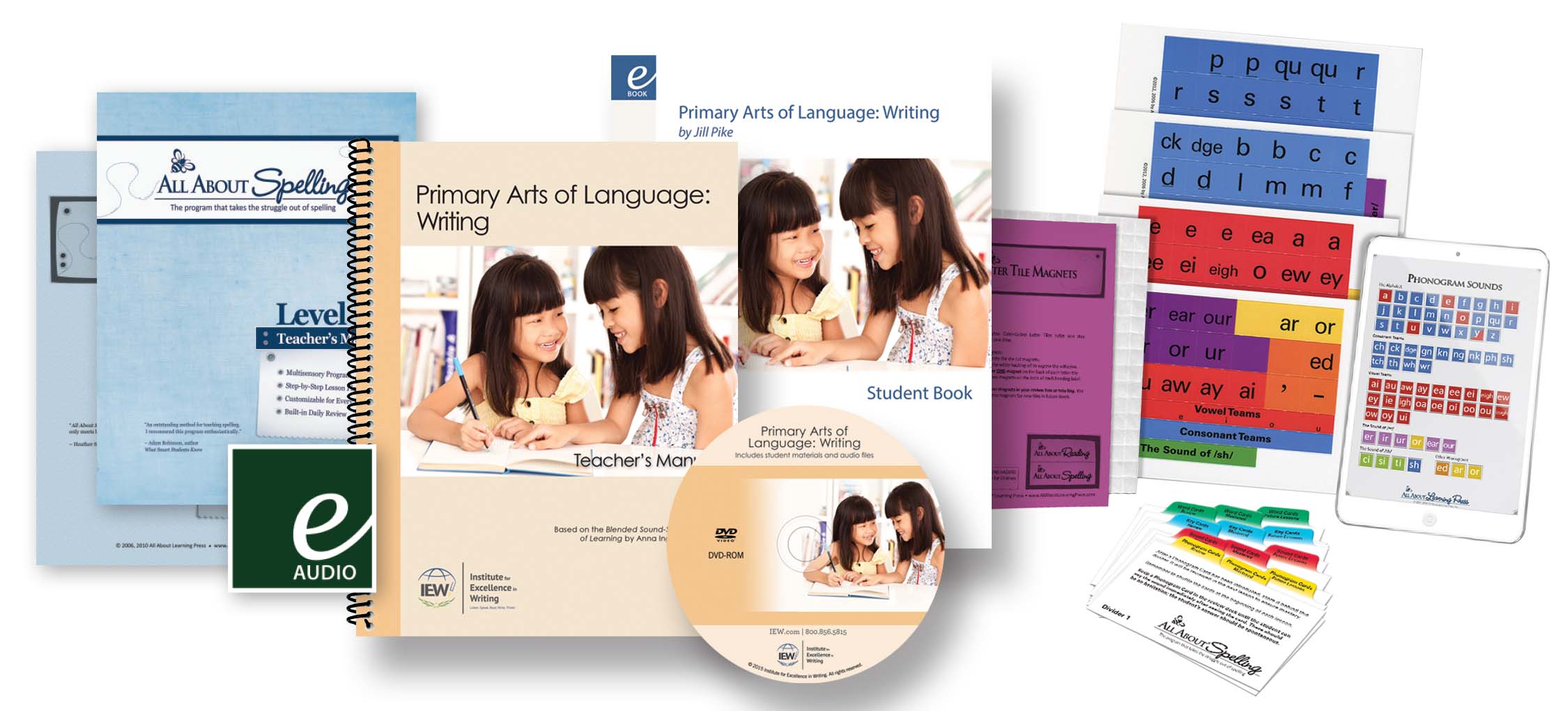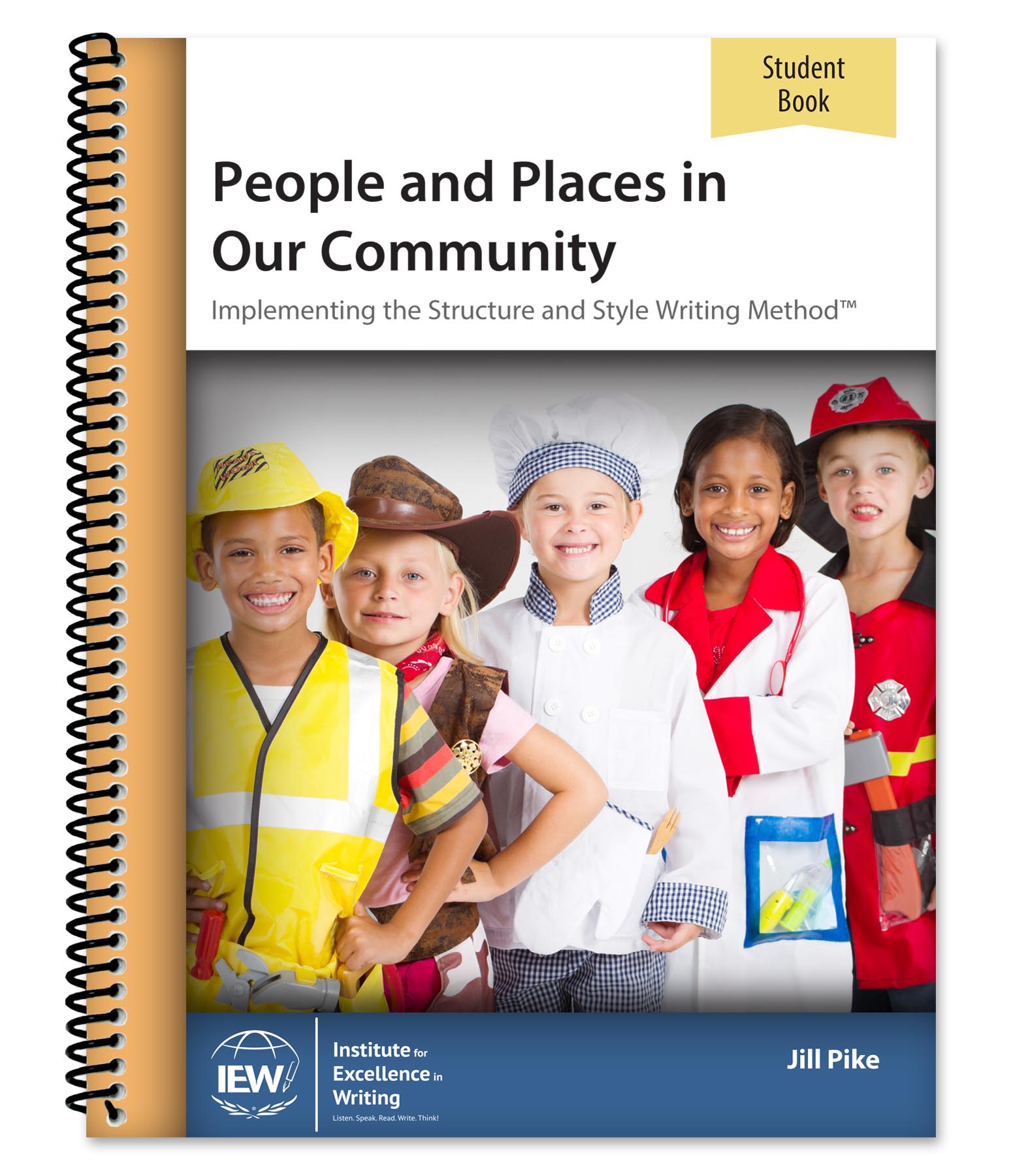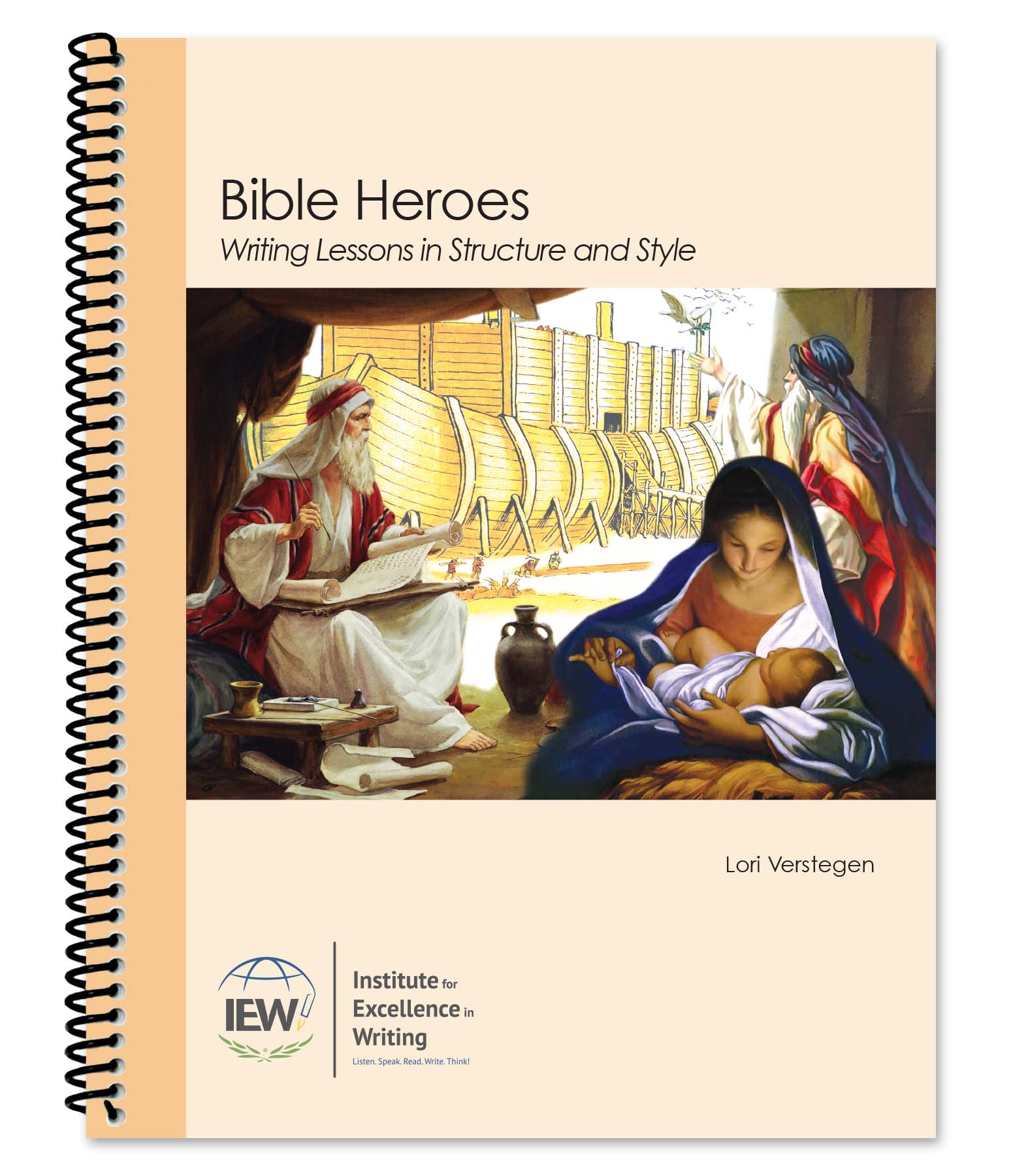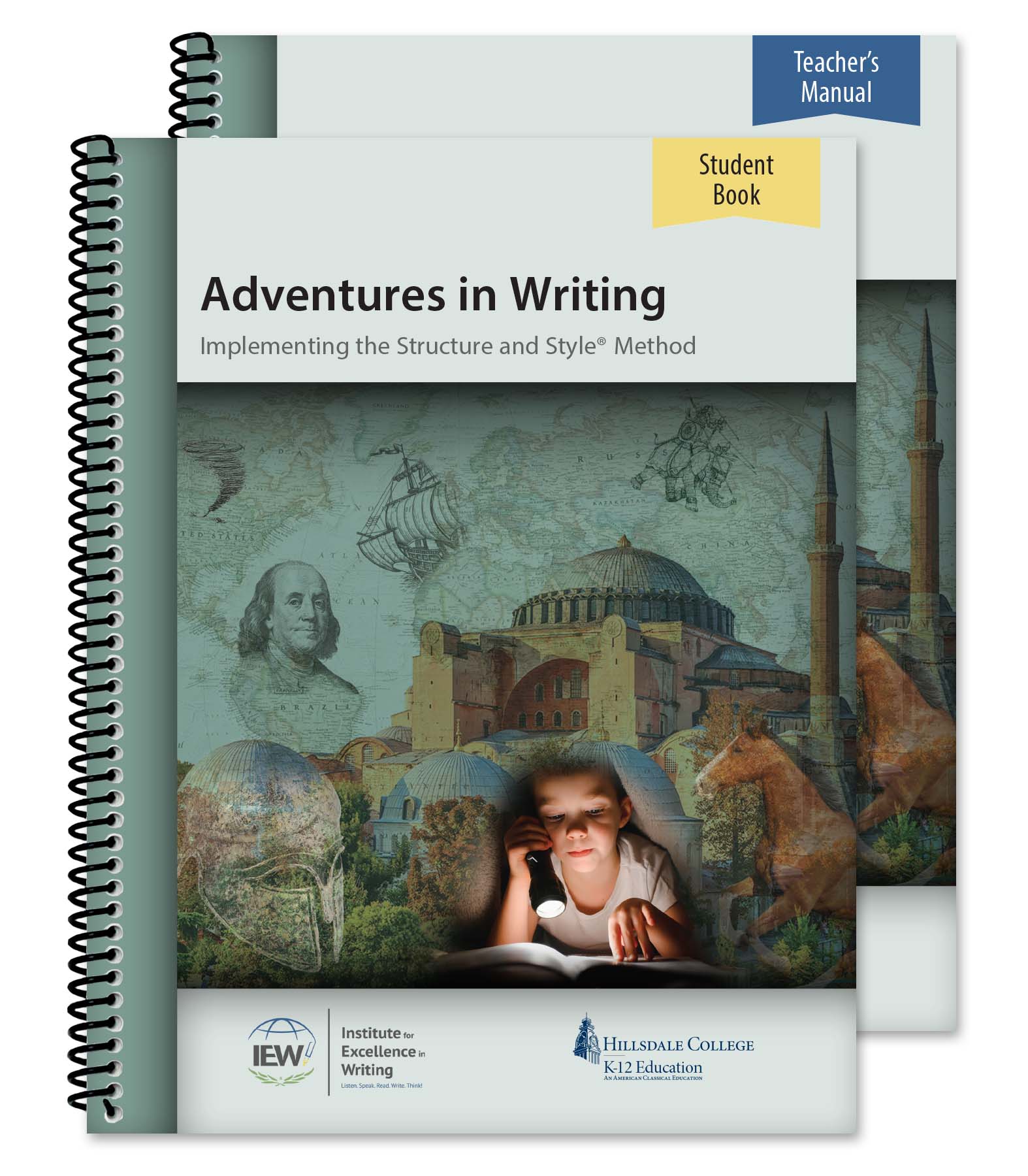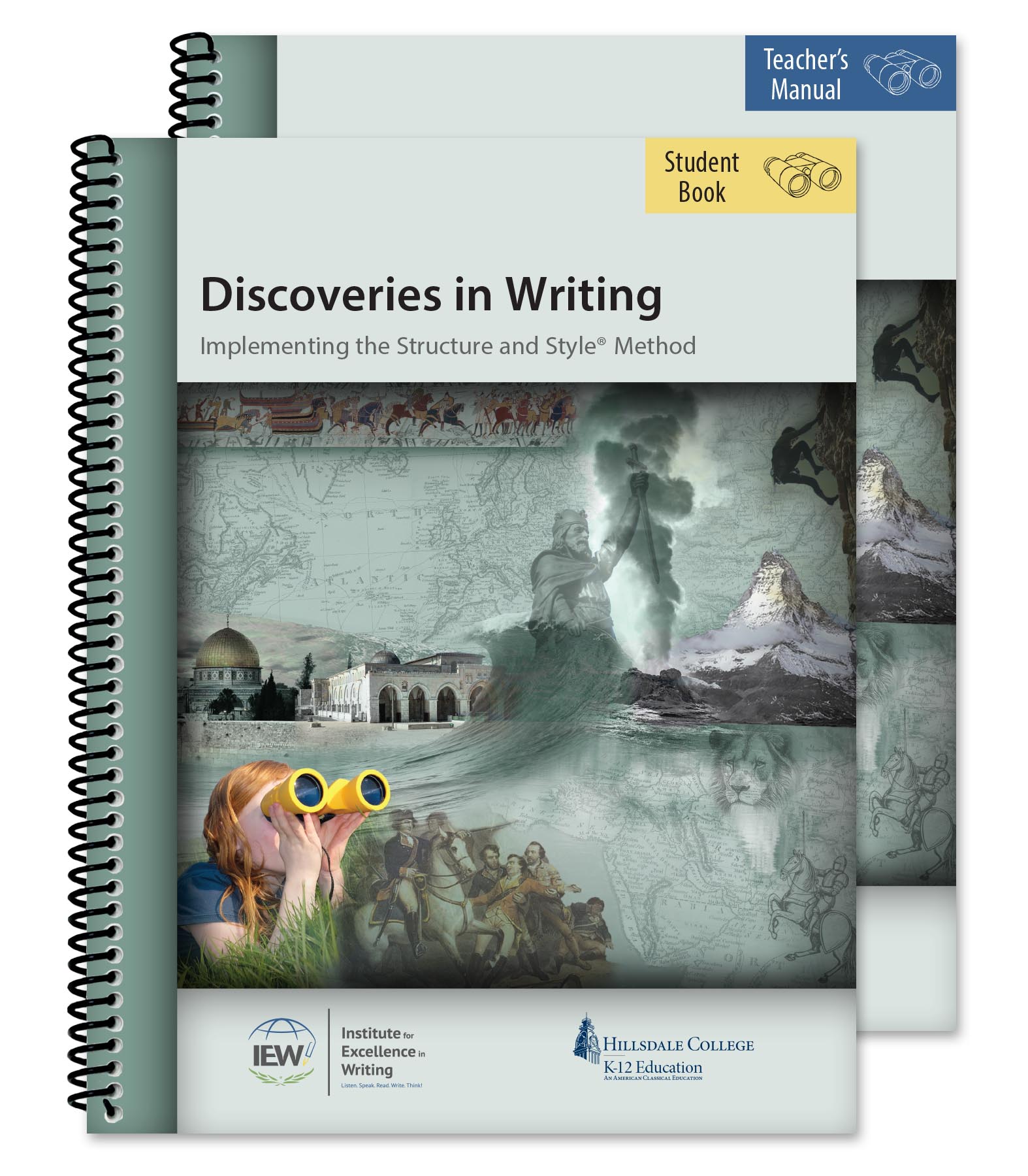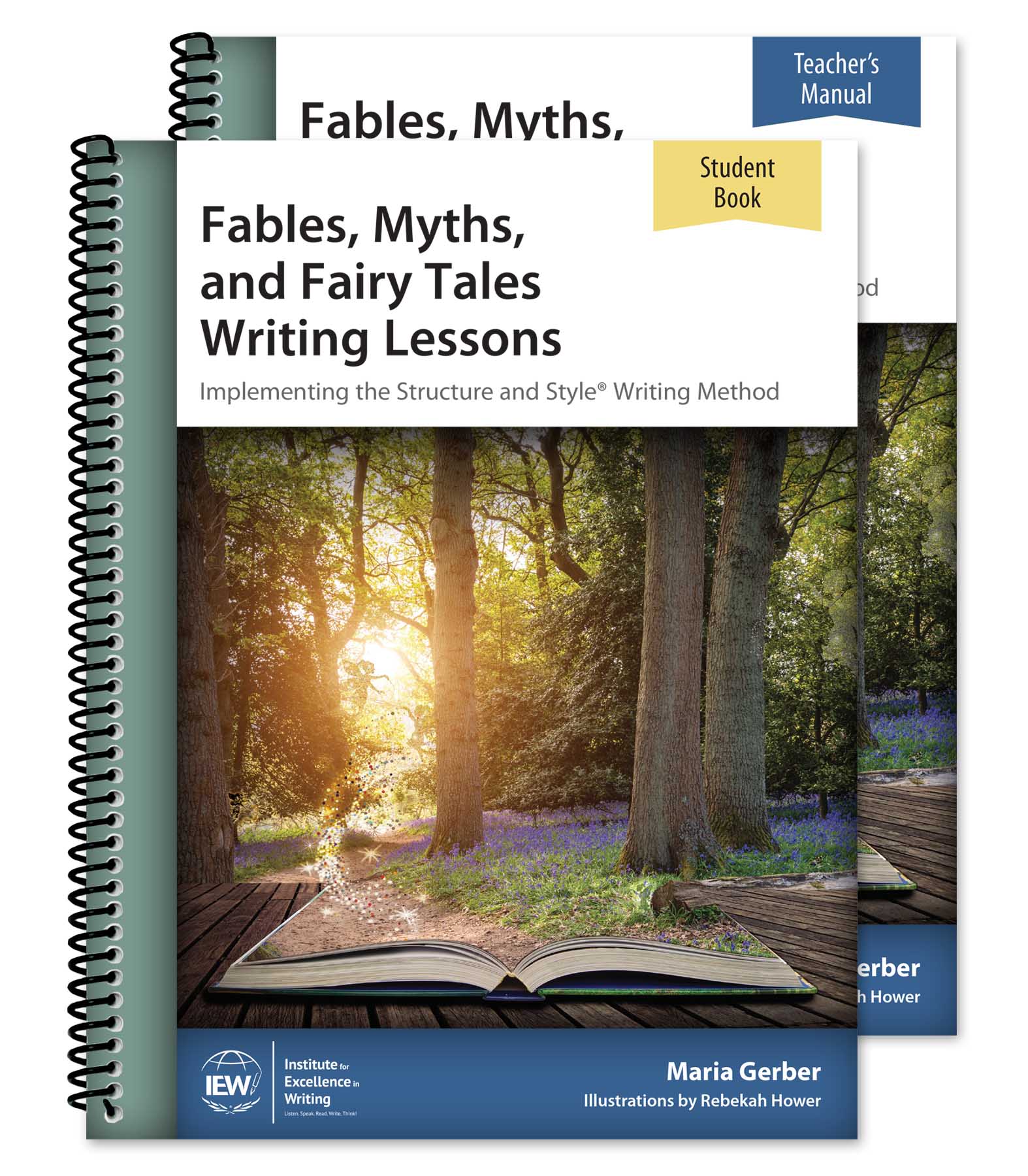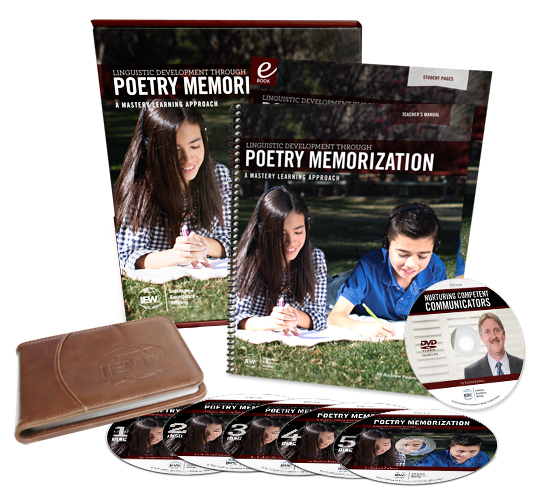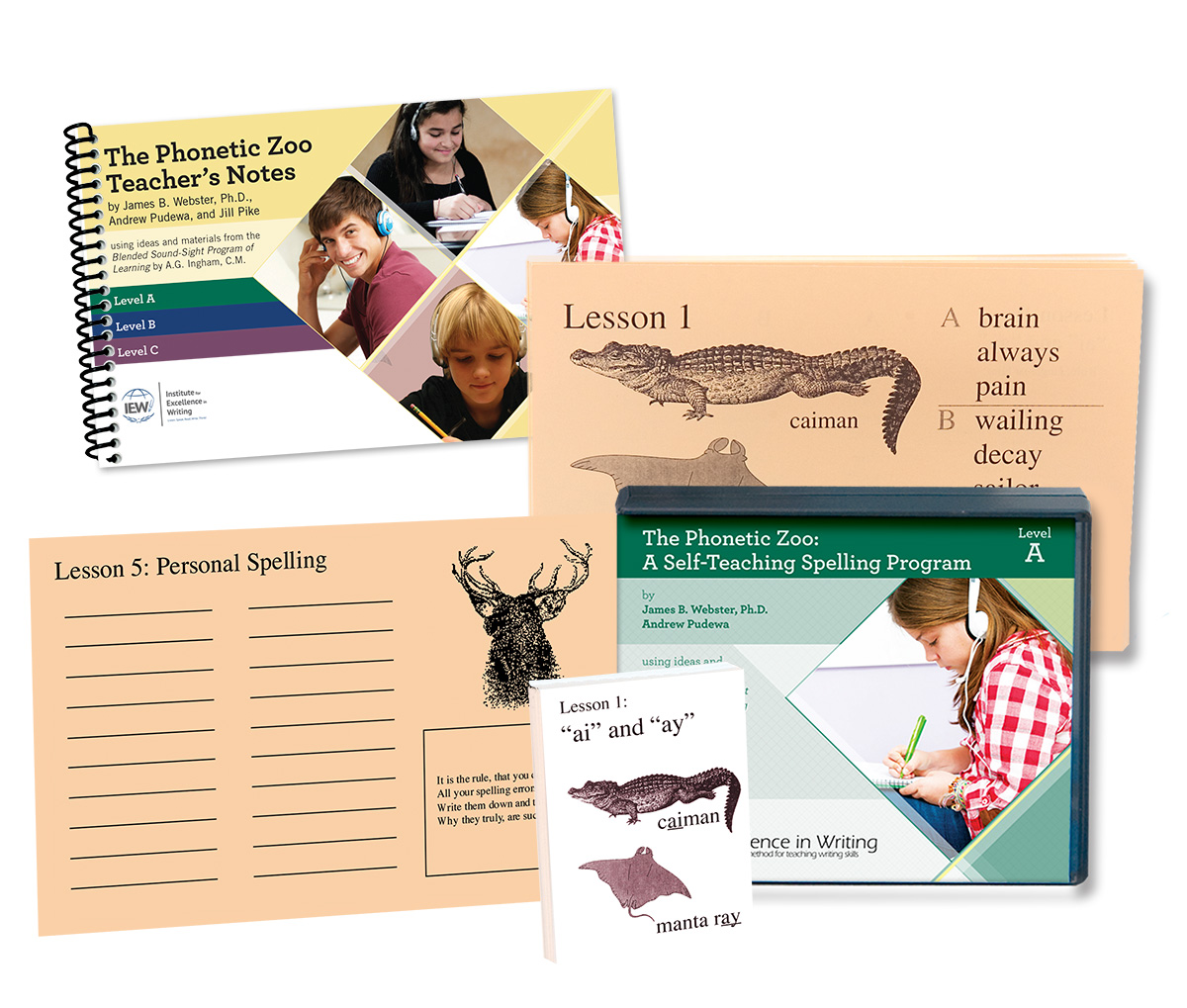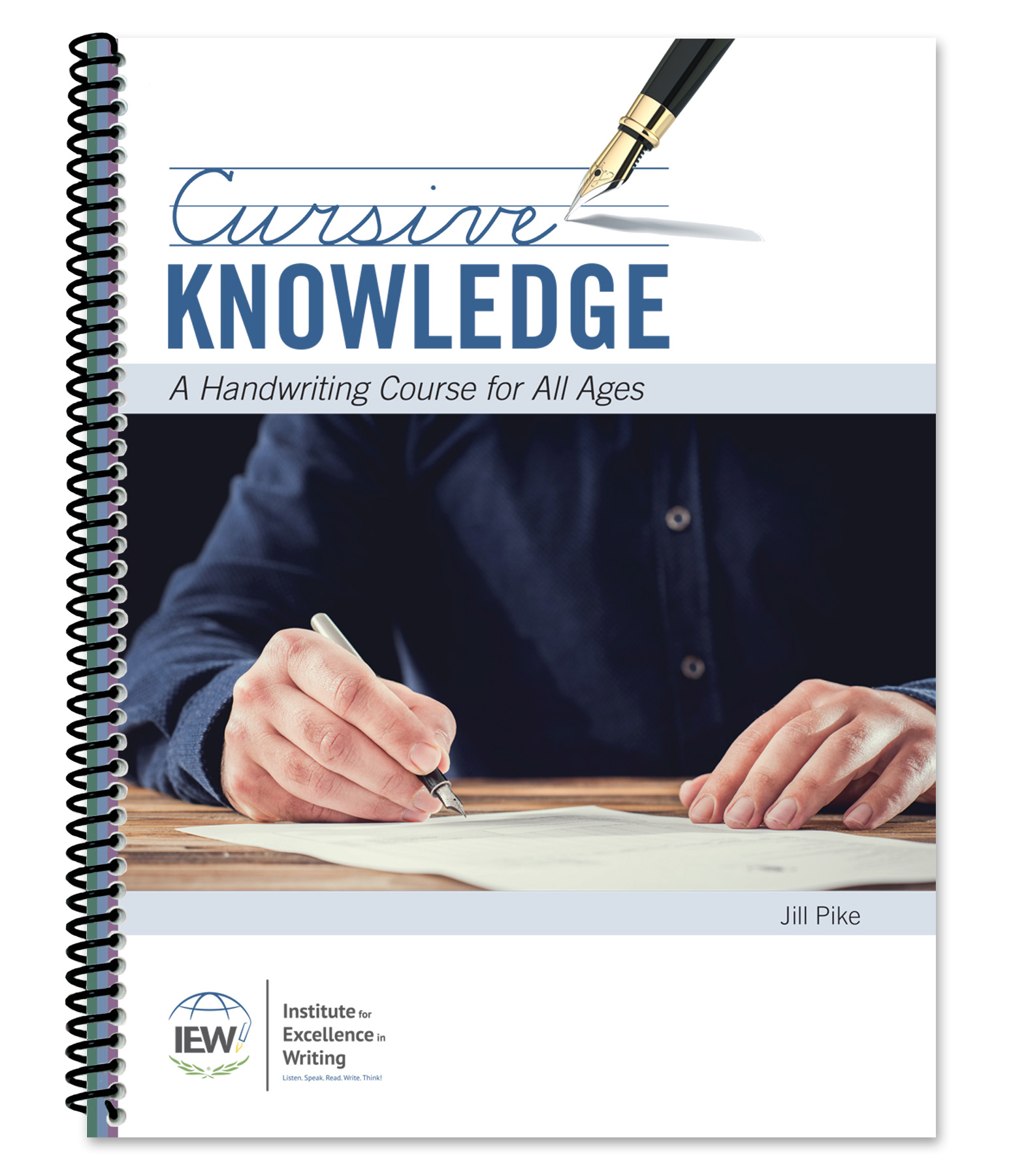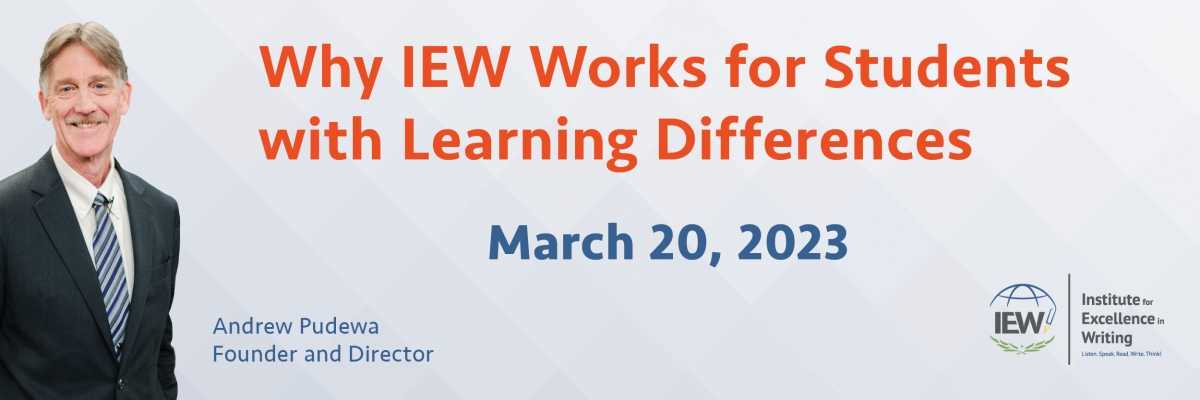
If you teach students with special learning needs such as dyslexia, dysgraphia, autism, or auditory processing disorder, you are acutely aware of the unique challenges they face when learning to communicate. Whether they are learning to read or attempting to write, they face hurdles that other students seldom encounter.
IEW addresses these needs in a way that allows struggling students to flourish:
- Customizable lesson plans allow the teacher to work with the child at the point of need and to provide support specific to the child's unique challenges.
- Incremental pacing allows each student to progress at his or her own pace with as much practice as necessary before moving on to the next skill.
- Models provide clear and concrete directions to follow.
View our core products for special needs students below. Click here for other resources to support you in your teaching and here for testimonials.
Resources
Click the image below to access recordings.

Watch: Understanding Child Brain Development (A Family Hope Center Presentation)
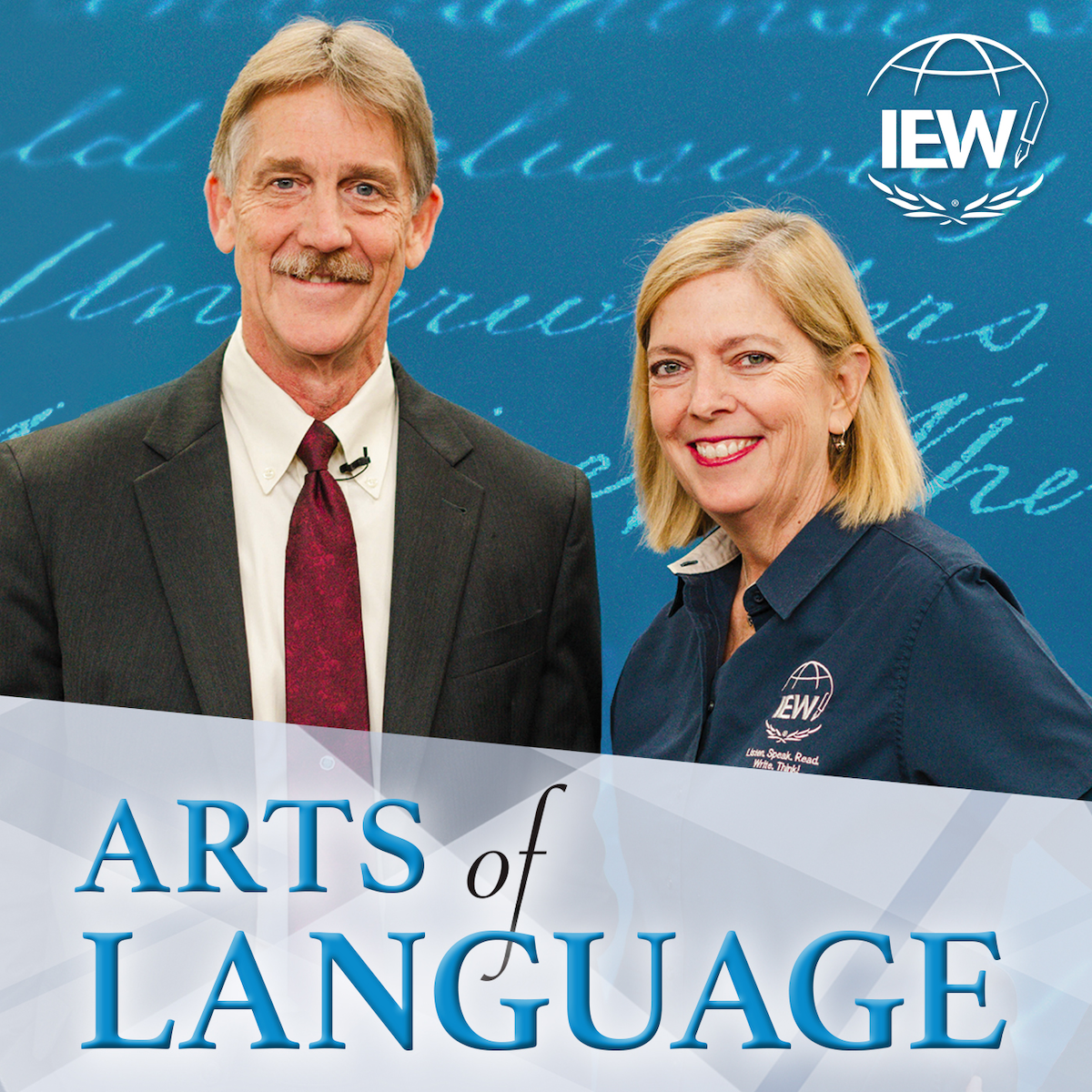 Learning Difference Podcasts with Andrew Pudewa:
Learning Difference Podcasts with Andrew Pudewa:
R14: Learning Differences, Part 1 – Dyslexia
R15: Learning Differences, Part 2 – Dysgraphia
R16: Learning Differences, Part 3 – ADHD
R17: Suggestions for Gifted and Talented Students PRIMARY TABS
Episode 143: Jill Pike: Struggling Learners/Special Education—Answers to Difficult Questions
Episode 159: IEW and Dyslexia: A Conversation with Susan Barton
Episode 186: Help for Teachers of Autistic Students Using IEW: An interview with Marie Greenhalgh
Episode 197: While Andrew's Away: Living with Dyslexia—An Interview with Chris Pudewa, Part 1
Episode 198: While Andrew's Away: Living with Dyslexia—An Interview with Chris Pudewa, Part 2
Episode 231: The Dyslexic Advantage: A Conversation with Brock and Fernette Eide (Parts 1 & 2)
Episode 232: The Dyslexic Advantage: A Conversation with Brock and Fernette Eide, Part 2
Episode 255: Success in Teaching Writing to Special Education Students, Part 1
Episode 256: Success in Teaching Writing to Special Education Students, Part 2
Episode 257: Structure and Style for the Gifted and Talented Student
Episode 259: Ask Andrew Anything: Special Education Edition (Parts 1 & 2)
Episode 296: Impacting English Language Learners with Structure and Style
Episode 363: IEW Helps Students with Dyslexia
Episode 378: IEW and Dysgraphia with Jennifer Mauser
Episode 379: Opening the GATE for Exceptional Children
 Blog Posts and Articles on Learning Differences:
Blog Posts and Articles on Learning Differences:
One Step at a Time: Balancing Health and School
The Work of a Child by Andrew Pudewa
Hope for Your Struggling Learner (Dyslexia)
Dyslexia: Finding Help and Hope for Your Struggling Reader
Don’t Let Dyslexia Get You Down
Help for Dysgraphia: Hands off Content; Hands on Style
A Special Needs Child Meets PAL (Down Syndrome)
Beyond Surviving: A Story of Thriving with ADHD
Teaching Students on the Spectrum: Wisdom from the IEW Forum
So What, Exactly, is Dysgraphia?
Working Memory and the Key Word Outline
Testimonials
This program is a great fit for my ADHD child. He enjoys the videos as well as the work he does. He is learning a great deal without feeling overwhelmed with the writing as he usually was. It breaks down the concepts and skills into manageable chunks. –Mrs. Norrington
Just had to take the time to give my most sincere thanks to the crew that created the PAL program. My two youngest children both have special needs—one (7) is dyslexic with other vision processing issues and the other (almost 9) is cognitively impaired and on the autism spectrum. At the beginning of this school year we were still sounding out three letter words with varying success. Neither child could distinguish the d, b, p, q combo. Now, less than a month later, both children have mastered those four nasty letters; my youngest is decoding words that amaze HER; and my older son has memorized lots of new phonemes plus "magic e!" This morning my daughter read all but three words of the following email (sent to her sister): "We want to wish you a Happy Birthday! Hope you have a wonderful day and we look forward to seeing you soon!" I almost cried. It’s all coming together for my children more quickly than I ever could have dreamed. This program is truly changing lives! Thank you!
Appreciative Parent,
Anita

